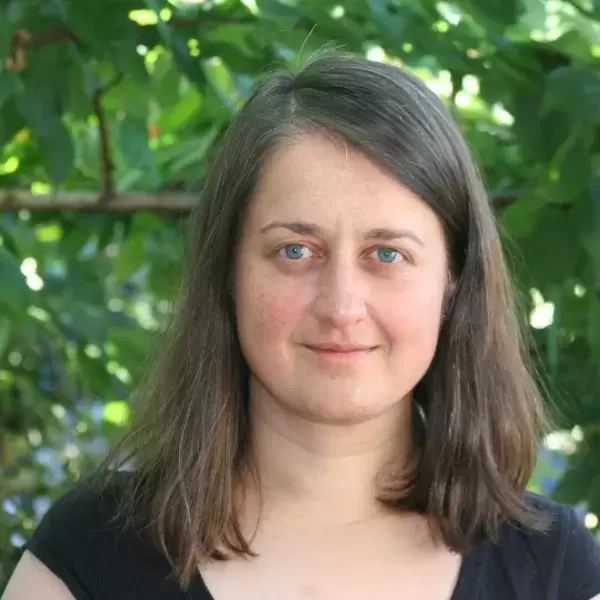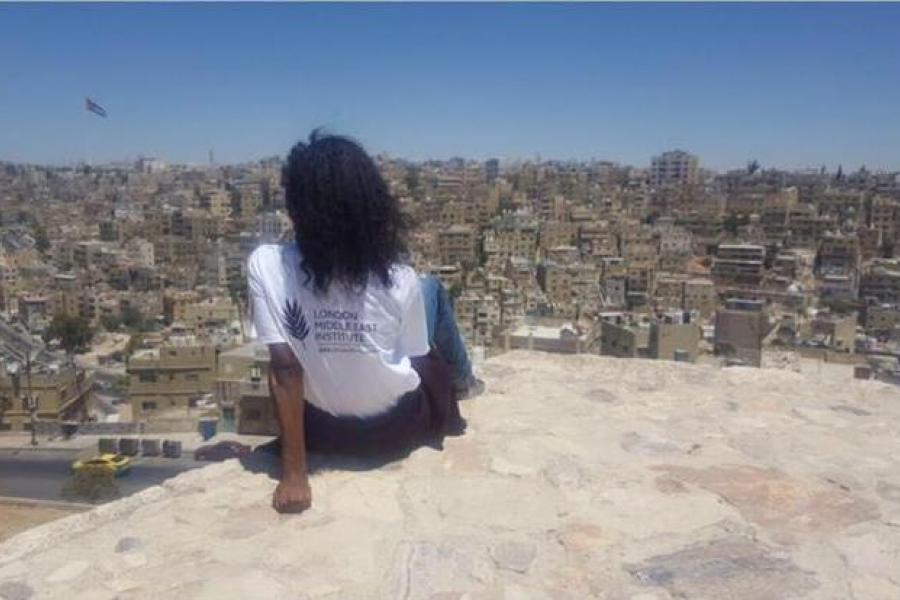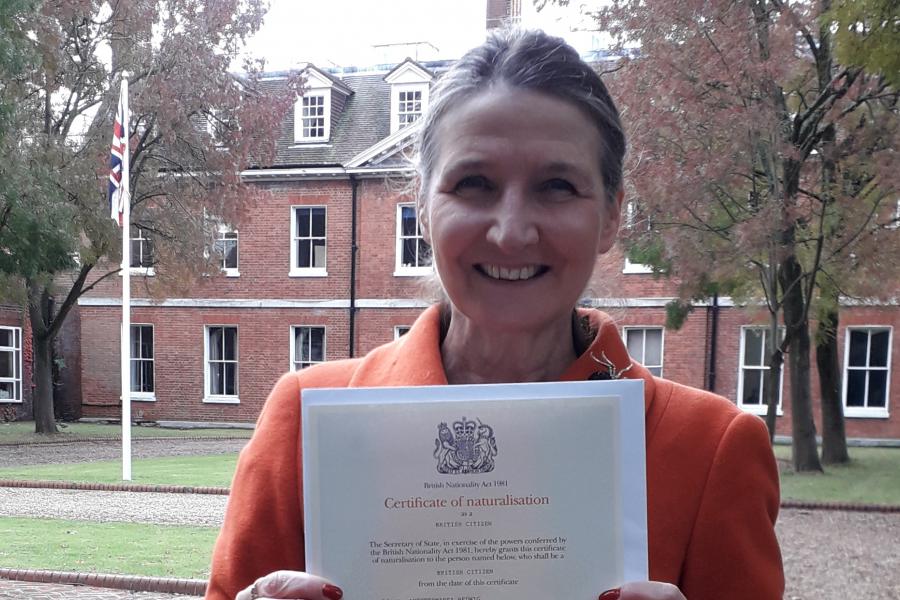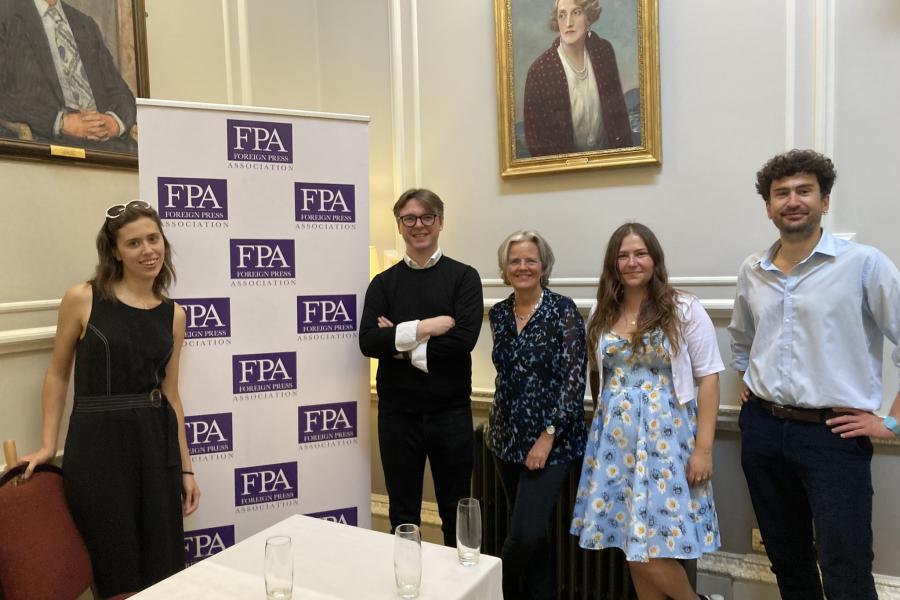How we enable vulnerable EU citizens to access justice
I started my job as Community Manager at the3million two months ago, determined to make a difference and enable people to access justice. I felt eager and excited about this role which bridges the gap between EU citizens experiencing significant problems and lawyers and other professionals who can help them. Starting this journey has revealed to me how this role is even more important and needed than I could have ever imagined.
In the last few weeks, I’ve begun to work with people who are facing complex problems and are struggling to get the support they need to access employment, housing and welfare.
Life is already very difficult for people living in poverty, often having suffered from troubled childhoods, experiencing or witnessing domestic violence or substance abuse. The most vulnerable EU citizens also face awful hostility from the Home Office, to secure their immigration status and to exercise their rights.
The burden often falls on family members. Take the case of an Austrian 19 year old boy, born and raised in the UK. He was a minor when the EU Settlement Scheme opened and he made his application in time. He has an open case against him in court, but he hasn’t been convicted.
The outstanding charge means his status is pending, on hold indefinitely. His parents’ own complicated work history puts additional barriers on his path to having an independent life. He’s left living in poverty, unable to claim benefits, accessing food banks. His only support comes from his sister, who is doing her best to take his family out of the cycle of desperation they are in.
You may be wondering how they can get support. This week I spent more than 10 hours researching and reaching out to potential specialist welfare advisers and solicitors who may be able to help.
In the whole of England and Wales, there are only a handful of firms who cover welfare benefits through legal aid. I’m doing this task with knowledge and experience I’ve gained from working in the migration sector for over 10 years. It’s increasingly difficult and there are more communities needing often very specialist advice and casework.
It’s clear more support is needed for people to be able to access trusted, reliable, sustainable help. Access to justice is central to a fair society but alas, legal aid - the key tool in the fight for social justice - was chopped ten years ago. The sector is experiencing the dire consequences of that and watching with anxiety what will happen to judicial review next.
There are too many compounding barriers that people experience to having even the bare minimum to live - being able to feed themselves, put a roof over their heads, pay the bills. Hurdles lead to EU citizens becoming desperate, falling into a cycle of awful mental health, destitution and precarity, seeing no way out.
This week many of us have been moved by the incredible bravery of Sir Mo Farah, telling his story of having been trafficked to the UK as a child. The Home Office said it would not take any action over Sir Farah’s nationality, and he described himself as “relieved” that he will not face investigation.
This reveals the burden people carry for crimes committed against them. The Home Office’s hostility leads to fear - and we see this every day. There’s a fear of speaking out, of being judged by mistakes in people’s past, of not doing or being enough to be “allowed” to stay in this country. It pushes people further away from the justice they deserve.
As I continue to support individuals and our community to seek justice, I hope I can count on your support. Thank you for standing with us on this journey.




